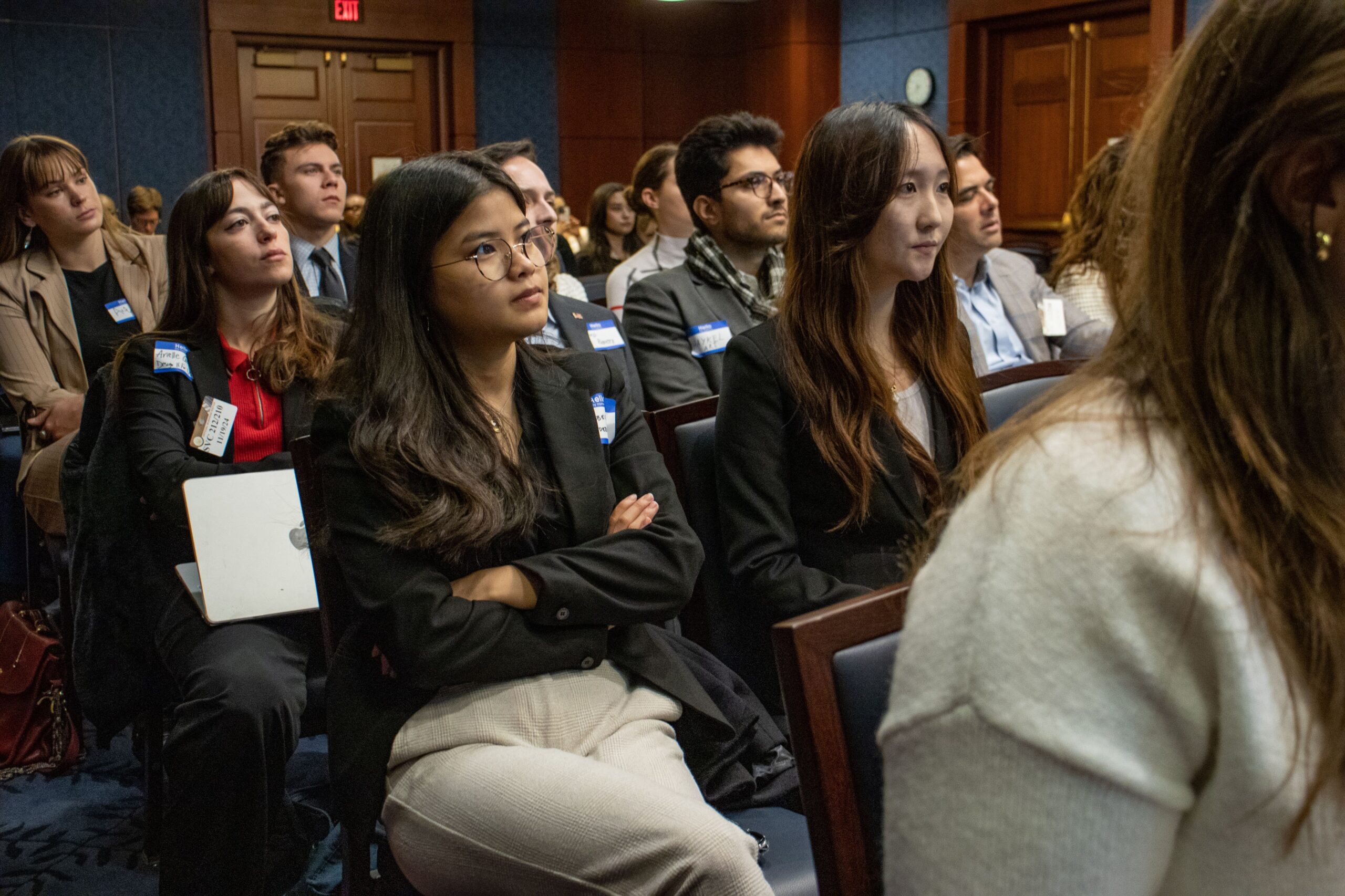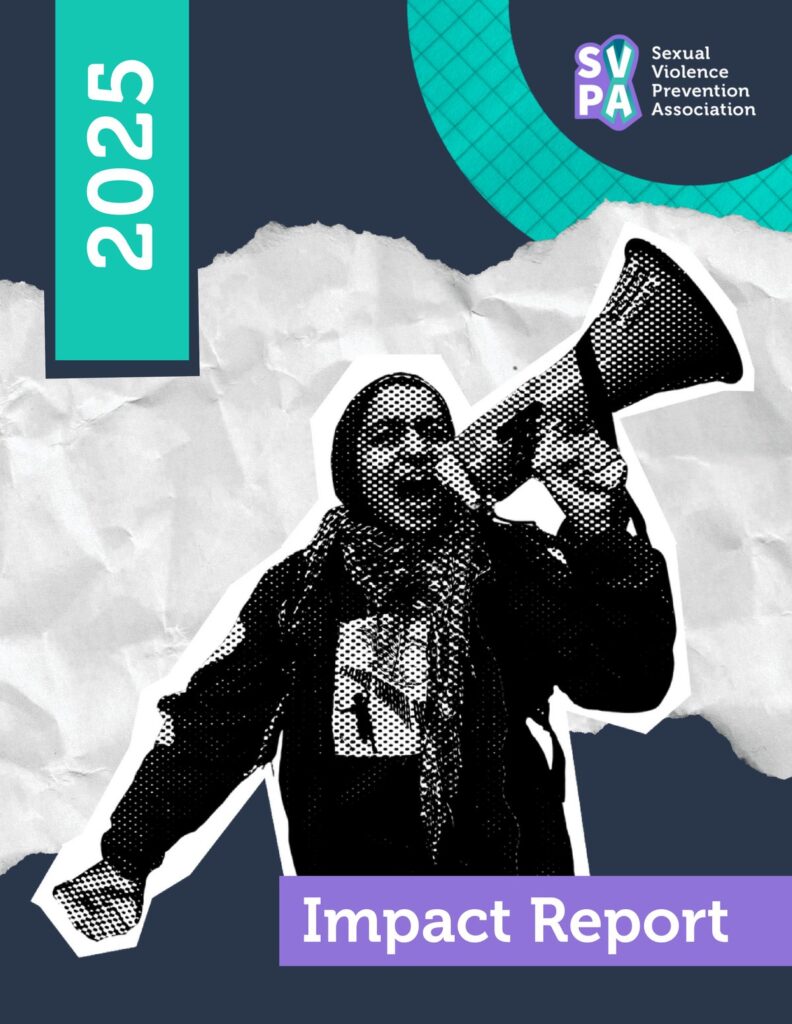On January 31st, the Department of Education (ED) sent a “Dear Colleague” letter to K-12 schools and higher education offices. The letter informed educators and administrators that the ED’s Office for Civil Rights will enforce the 2020 Trump-era Title IX rule rather than the Biden Administration’s 2024 expanded version. This shift follows a series of lawsuits filed over the summer against the Biden Title IX expansions by Republican-led states, arguing that the rule infringed upon states’ free speech. Federal judges in Kentucky and Louisiana also issued injunctions preventing the enforcement of the new rules in those states. The Supreme Court of the United States (SCOTUS) allowed these injunctions to remain in effect, halting the implementation of the new Title IX provisions nationwide.
It is crucial to note that Title IX is the bare minimum requirement for K-12 schools and colleges to support survivors of sexual violence. Reverting to the Trump/DeVos rule represents a substantial setback — weakening protections and reducing schools’ responsibilities to prevent and address sexual violence within K-12 schools and college campuses. State laws are now more crucial than ever before due to weakened Title IX and ED oversight. You can stay informed about your state’s sexual violence prevention measures with the SVPA State Scores and Policy Database.
Shortly after sending this letter, President Trump signed the executive order “Improving Education Outcomes by Empowering Parents, States, and Communities,” which intends to dismantle the ED. Simultaneously, Elon Musk’s Department of Government Efficiency (DOGE) began gutting nearly half of the ED staff and millions of dollars in funding, grants, and resources. Together, these actions threaten millions of students’ educations, safety on campuses, access to protection and support, and their civil rights.
What to know about the Title IX Rule:
- Reverting to the Trump/DeVos 2020 Title IX rule eliminates the additional provisions added by the 2024 Biden/Cardozo version. This weakens protections for all students and removes expanded and existing safeguards for survivors in K-12 schools and colleges. As previously mentioned, a reduction in Title IX protections results in an increased reliance on state protections.
- Reverting to the Trump/DeVos rule means returning to a significantly limited definition of sexual harassment that leaves many survivors without recourse. It lowers the standard of proof, removes protections for LGBTQ+ people, and decreases the prevention requirements schools must meet
What to know about dismantling the Department of Education:
- The lack of federal guidance, mass layoffs, and uncertainty have left remaining staff with unimaginable chaos and unmanageable workloads. While there are representatives left who care, this still means K-12 schools and colleges will not have the guidance, training, and support they need to address and prevent sexual violence.
- Funding and staffing cuts will eliminate federal guidance and training while preventing accountability for schools that fail to protect students. With reduced pressure to address sexual violence, prevention efforts will weaken, and support for students will diminish.
“The ED has historically played a critical role in protecting civil rights, promoting equity, and providing opportunities for all students, including those in marginalized communities, students with disabilities, LGBTQ students, and multilingual learners. This reckless action strips students of vital resources and tears down statutorily mandated functions that are essential to addressing racial and economic inequality in education.” ~ ACLU
It is currently unclear how the Trump administration plans to legally dismantle the ED since the executive order specifically called for the department to be closed to “the maximum extent appropriate and permitted by law.” Legally closing the ED and its constituent offices, or transferring them to other federal agencies, requires Congressional approval. The vague language of the order raises serious constitutional, legal, and statutory concerns, including potential violations of Fifth Amendment Due Process rights and the Administrative Procedure Act (APA).
The confusion and chaos resulting from the Title IX roll-backs and the executive order will have immediate and long-term negative impacts on current and future students. Schools are vital institutions in protecting younger generations from sexual violence, as more than 95% of young people spend the majority of their daily lives in schools. Further, 18% of female high school students and 25% of female college students experience sexual violence.
As the federal government continues to cut funding, lay off staff, and reduce protections, state governments must take action. Activists, survivors, and students across the country must advocate for state policies to prevent and address sexual violence in K-12 schools and colleges. The SVPA State Scores and Policy Database is a great place to start.
Contact
For media requests, interviews, and more information please contact outreach@s-v-p-a.org or call/text 508-367-5080.
About the SVPA
The Sexual Violence Prevention Association (SVPA) is a national nonprofit dedicated to preventing sexual violence systemically. You can learn more about our organization on our website.






